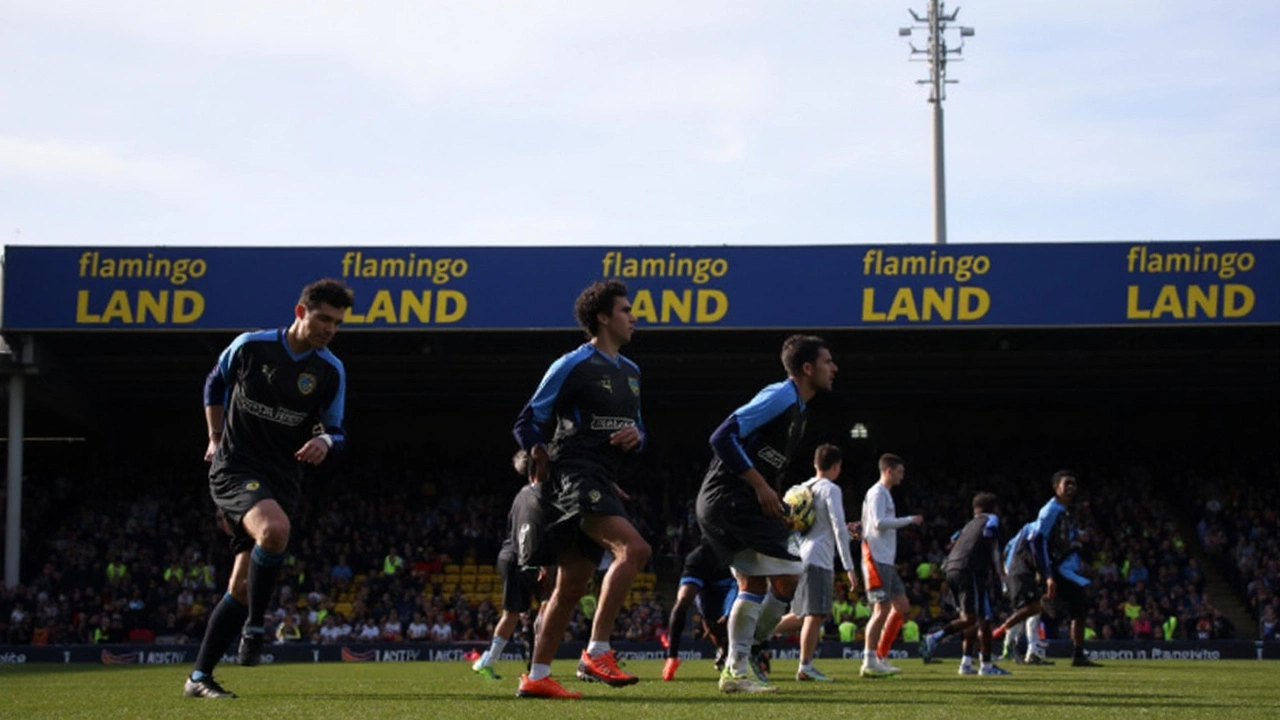Premier League Clubs Recover Financial Strength in 2023/24
The Premier League's financial pulse is stronger than ever heading into the 2024/25 season. Clubs are shaking off post-pandemic woes and seizing new opportunities, according to fresh figures from Deloitte's Annual Review of Football Finance. It's been a season where commercial deals and smarter spending stole the spotlight.
Commercial revenue is forecasted to hit a hefty £2.3 billion in 2024/25. What's behind this boom? Think major sponsorship partners, fresh branding deals, and the golden touch of stadium redevelopment projects. Clubs see stadiums not just as places to play but as hubs for hospitality, events, and retail—the kinds of things that fatten the bottom line. Besides, real estate expansions are opening new revenue streams unknown to clubs even a decade ago.
Broadcast income, always the Premier League's cash cow, grew by another 2% to £3.3 billion for 2023/24. While that sounds modest, it’s impressive considering the current rights cycle is about to end and European competitors are eager to catch up. This steady rise shows the Premier League's global brand is still irresistible to networks and fans.

Sharper Profits, Tight Cost Controls, and Regulatory Shifts
The shift in fortunes is most visible in profits. Operating profits shot up by 36% to over £0.5 billion—a level last seen before the pandemic hit. What really stands out is the impact of teams moving between divisions. The three clubs promoted to the Premier League made a combined £95 million in operating profits, showing they made smart investments and rode TV revenue waves well. Compare that to the three relegated clubs from 2022/23, who racked up a whopping £77 million in losses—an all-too-common pitfall of falling out of the top flight.
Pre-tax losses for all clubs combined dropped sharply, from £0.7 billion previously to just £0.1 billion for 2023/24. Much of this turnaround comes from stricter cost control, sharper squad planning, and clubs keeping a close eye on regulatory limits. Governing bodies are clearly flexing their muscles, pushing clubs to balance the books, even if it means rethinking lavish transfer windows.
The horizon looks set for even bigger changes. The Football Governance Bill, likely to become law by 2025, will shake up the way clubs handle their money. The centrepiece of the law is the creation of an Independent Football Regulator, whose job will be to make sure clubs stay financially healthy and play by fair rules. No one knows exactly how this will play out, but clubs are gearing up for stricter checks and a possible overhaul in how TV and sponsorship money gets divvied up.
Deloitte’s findings point to one unshakable fact: the Premier League towers over Europe when it comes to football economics. English clubs rake in more than a third of all revenue generated by the continent’s “big five” leagues. While it’s impossible to predict every twist from new regulations, one thing’s certain—financial muscle is as key to success as goals on the pitch.
